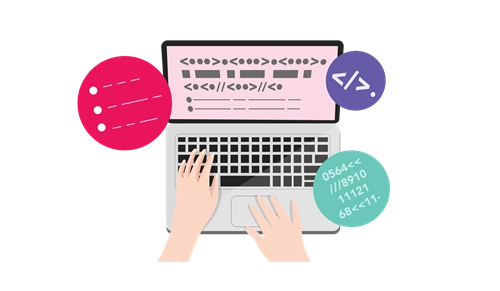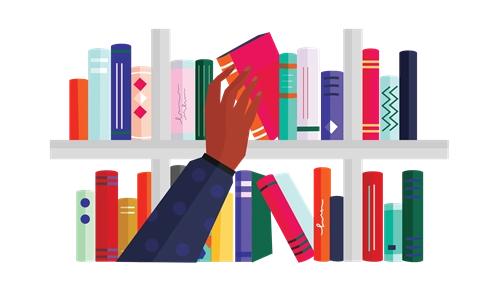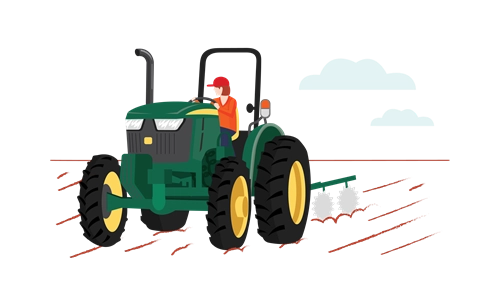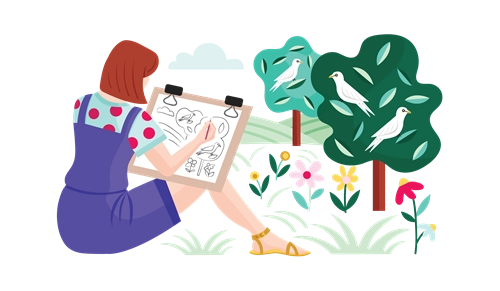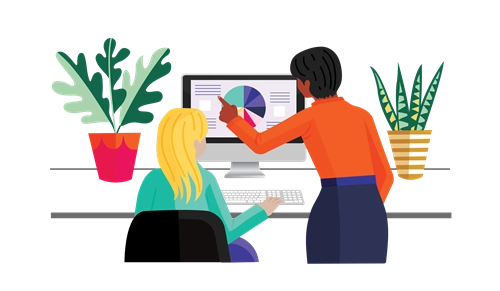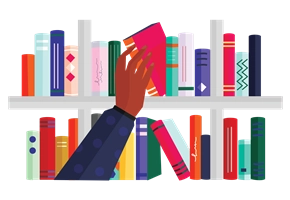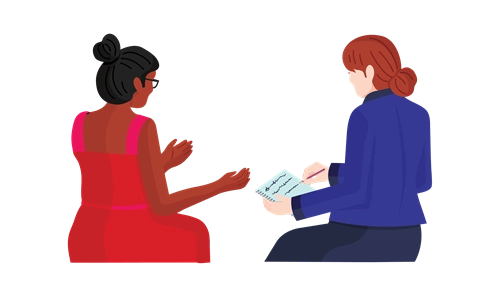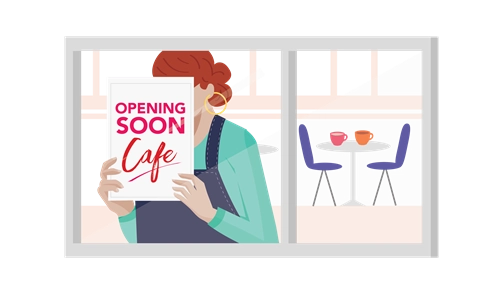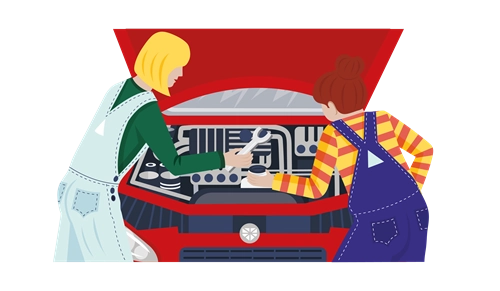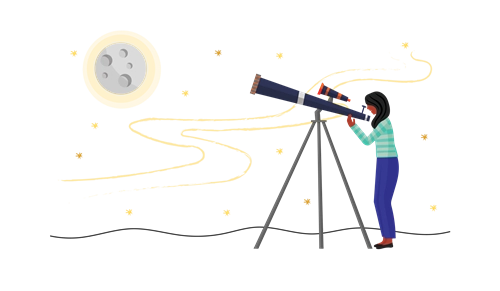Linda Lai
The GiST chats to Linda Lai about being a first-generation Australian, what inspired her to sign up for coding bootcamp and taking the scenic route on her career journey.
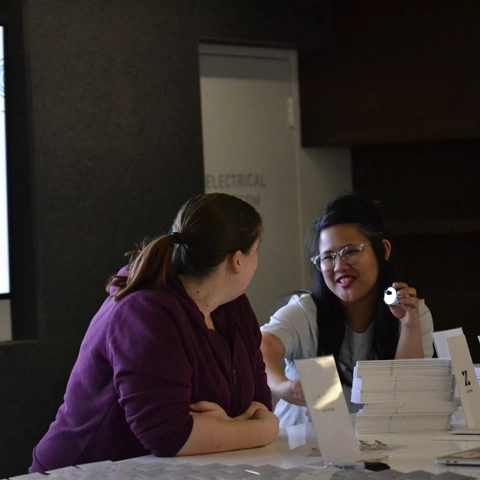
Linda Lai
Software Developer
"Commit to learning and reflecting on what energises and drains you. Developing a strong sense of self, and finding the intersection of the things you’re good at, the things you enjoy doing, and the things the world needs and will pay you for will keep your skillset adaptable and future ready."
What is your educational background?
I was born in Melbourne, but my parents and siblings immigrated here in the early 1980s from East Timor. Growing up with two older sisters I was surrounded by assertive, feminist energy that taught me I could do anything I set my mind to. Particularly as a first-generation Aussie, I was always aware and appreciative of the economic and educational privileges, civil rights and access to opportunity we’re given that so many other girls and women in the world don’t have.

I never had a clear idea about what I wanted to be when I grew up. I really enjoyed school and did well academically, but struggled with motivation and focus when it came to studying and tests. I loved learning, but hated exams, homework and essays. The trouble was that being somewhat interested in everything wasn’t very helpful when trying to choose subjects in high school. Or a university degree. Or an ‘adult’ career. In these formative years, when your personality and life experiences are only just starting to take shape, there’s a huge weight and finality to the career decisions you’re asked to make that can be overwhelming. Especially when your peers know exactly what they want to do, and what they need to study to achieve it. Study X to become Y. That wasn’t me.
By the time I got to uni, I still had no idea what I wanted to do as a ‘career’. So, I split the difference and did a Bachelor of Arts and Bachelor of Commerce -- a generalist humanities and business double degree with broad application and multi-disciplinary exposure. I chose subjects that were interesting and challenging rather than overtly vocational. I loved the analytical skills and different schools of thought I was exposed to. By the time I left, through my degree I’d studied theories and case studies in disciplines ranging from politics, philosophy, bioethics, international relations, arms control, semiotics, economics, marketing, statistics, accounting, management and law.
But if you had told me then the jobs I’d work in my career after uni were in subjects I’d either hated (finance/accounting), failed (marketing), or never studied (software development), I would’ve laughed in your face.
Tell us about your job and how you got to where you are.
In high school, university and up until a few years ago, I never, ever would’ve imagined I'd be writing code for a living, building web applications used by millions of people. When I’m browsing the web and I see things I’ve worked on used on a website, it’s incredibly gratifying.
Five years after leaving university, I was working in digital marketing and on the verge of burnout. I bounced around in different roles and industries in my 20s, so my career up until this point could best be described as accidental and experimental.
In digital marketing, I collaborated closely with IT and agencies where I was close to tech, but a few steps removed. I really love understanding how things work – and with software eating the world, coding seemed like a cool and useful skill to learn. But I didn’t harbour any thoughts around being a software developer. I just wanted to learn how to code, and tried to figure out how to make that happen.
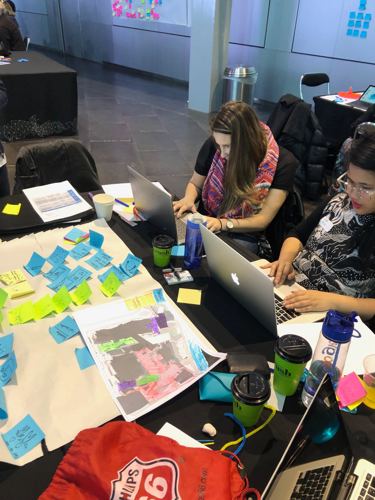
The turning point was when I started going to meetups and tech panels where women were teaching coding workshops and talking about the tech industry. It was inspiring to see women from all walks of life – career coders and career changers – talk about their career journeys, and opened my mind about what a career in technology could look like. I knew I wanted to learn coding, but I didn’t want to go back to uni to study for years. There are fantastic free resources online but I wanted a social learning environment with other students and mentors. That’s when I learned about bootcamps. Full-time short courses that go over three to six months and teach you the basics of programming, enough to apply for junior developer roles by the end of it. Perfect!
So I saved up a rainy day fund, quit my job and spent six months learning how to code: Monday to Friday, nine to five. It was intense, hard, frustrating, exhilarating. The majority of bootcampers were people changing careers from incredibly diverse walks of life – doctors, tattoo artists, construction workers, accountants, musicians.
Going from a humanities and business degree to finance/accounting, digital marketing and then software development puzzles people when they learn about my background. On paper, my career path is pretty weird, wide and winding – a series of happy accidents and eclectic learning experiences.
While my non-linear career path made me feel directionless at the time, I wasn’t ashamed to admit when something wasn’t working or right for me, and try something completely new, start from scratch, pivot completely.
It took me years to reframe my thinking on the narrative around what career paths look like: when we choose them, how we choose them, and why we choose them. Before I started to figure out the right one for me. While part of me wishes I’d discovered software development earlier, I wouldn’t have gotten where I am today without that previous life and work experience.
If careers are about the journey not the destination, then I took the scenic route to get where I am today, with a lot of interesting rabbit holes along the way.
What are your hobbies and interests outside of work?
The most limited resource we have is time: we can’t buy more of it, cannot barter or substitute for anything else. A third of our lives are spent at work, so I want to enjoy what I’m doing and the people I’m doing it with. But it’s really important to me that the other two-thirds are spent on experiences, relationships and learning outside of work.
We’re constantly told to ‘follow our passion’ but one of the best pieces of advice I’ve been given is that passions don’t have to be your profession – they can also be your hobbies. I don’t think most of us have only one passion – we have multiple, they change over time, or we’re still discovering what they are. Just because we have a passion for something doesn’t mean we’re good at it, either – and that’s okay! There are lots of things I enjoy doing that I want to keep separate from my work and that I’m not very good at – it keeps the enjoyment of it pure and takes the pressure off.
Right now I’m learning how to draw, taking sewing classes, reading about neuroscience, watching videos from The School of Life about philosophy, and making plans with friends for dinners, art shows, musicals and live music now that lockdown restrictions have begun to ease up. After months of lockdown and working from home, my work/life needs some rebalancing. The past couple of years have made me stop and think about my personal and professional goals, and the importance of mental health and wellbeing in that prioritisation process.
What are your long-term career goals? Where do you want to be in five years?
The career path for a software engineer as you become more senior is interesting. There’s a choice between a technical track or a management track where leadership doesn’t have to mean a formal management position. Knowing that there are multiple paths for career advancement that allow software engineers to focus on the aspects of their job they enjoy the most – and that don’t necessarily involve managing people – was really appealing to me. You can stay hands-on with coding as an experienced individual contributor, or work on untangling abstract problems as an architect, or lead a team of engineers in a people- or tech-focused role. I’ve also seen engineers switch between tracks or teams and rotate these roles, so my goal is to do both at some point. Until you’ve tried it, your career goals are just abstractions. While I seek out advice from mentors who know me well, my decisions are guided by experience and what’s right for me at that point in time.
All the assumptions I had about my career have been wrong, yet I still ended up doing something I love, so I’ve learned to trust my instincts.
What advice do you have for girls interested in STEM?
Career paths don’t have to be linear. The entire model of working, and the kinds of jobs that exist and the skills that are going to be needed in the future, keep changing or don’t exist yet. You’re not defined by or wedded to the career choices you made in the past. Remember that there are careers you’ve never heard of, that it’s possible to change careers, to have multiple careers or to design your own career. Commit to learning and reflecting on what energises and drains you. Developing a strong sense of self, and finding the intersection of the things you’re good at, the things you enjoy doing, and the things the world needs and will pay you for will keep your skillset adaptable and future ready.
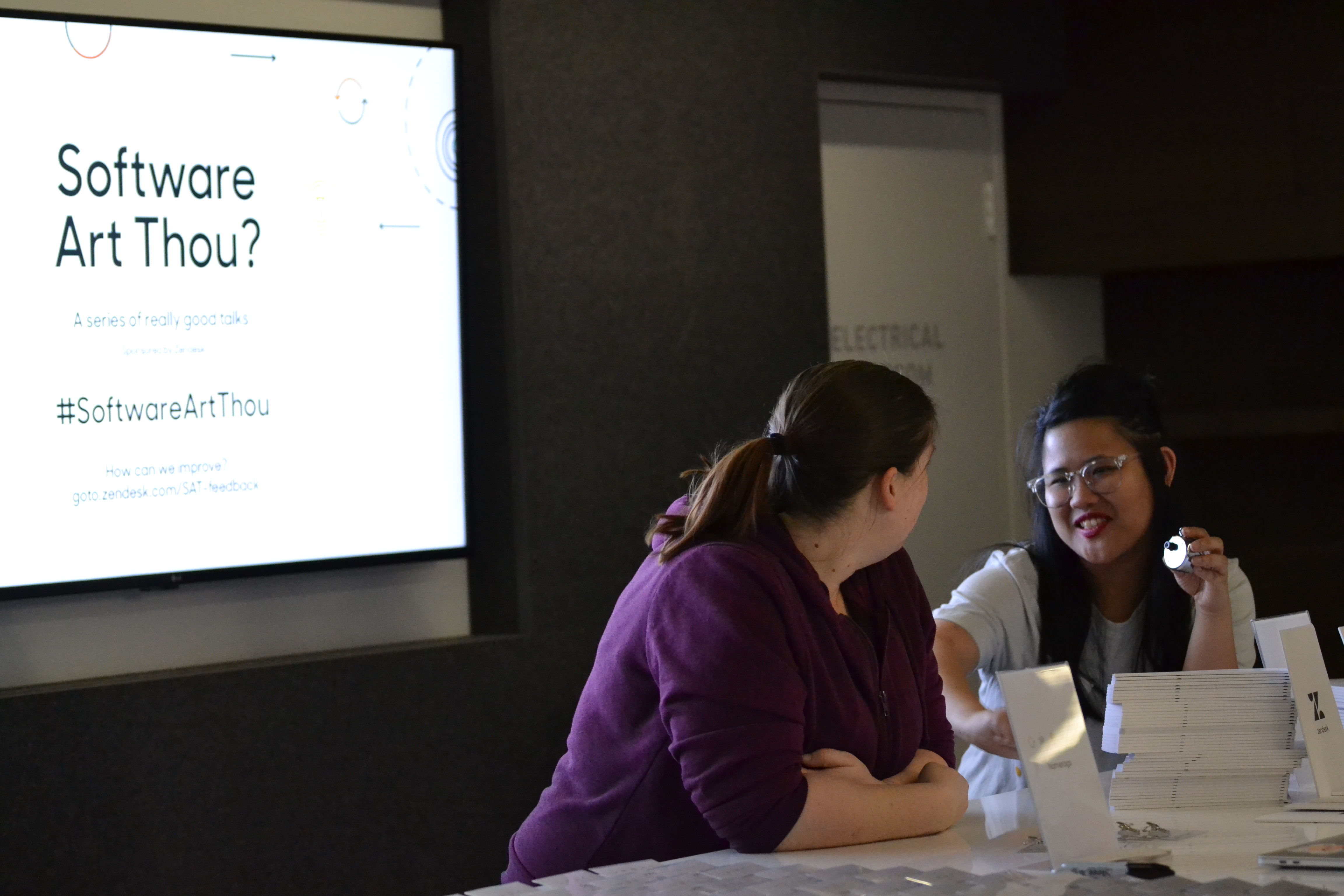
Build a brains trust of people in your personal and professional circle you respect and trust. Get their advice, soundboard your ideas or your struggles – but only you can decide what’s right for you. Protect your personal boundaries and your time. Learning how to say no is hard, but powerful and freeing.
